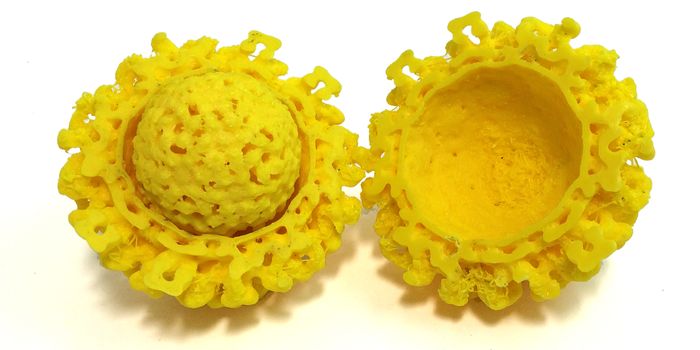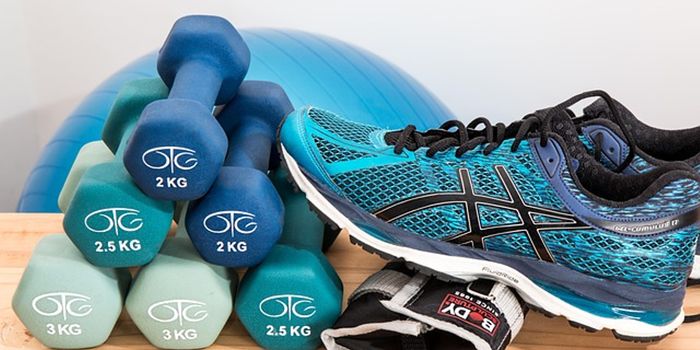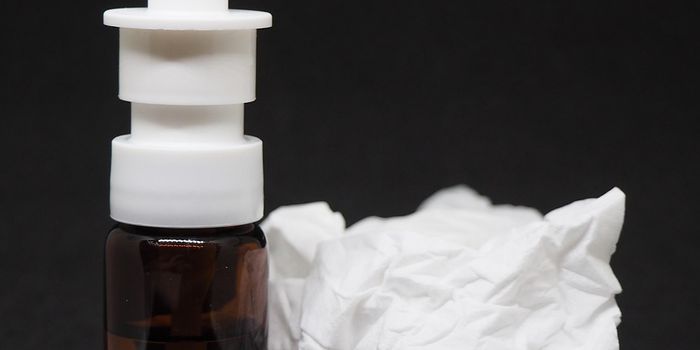Natural Compound can Reduce Age-related Declines
A natural compound Salk Institute scientists have been studying has been shown to reduce the mental deficits and inflammation that happens as mice age. Their previous work has indicated that fisetin - a natural antioxidant found in fruits and vegetables such as strawberries and mangoes - can lessen complications associated with diabetes and promote neuronal survival. Reporting in the Journals of Gerontology Series A, they now show that it might be helpful in treating cognitive decline and disorders like stroke and Alzheimer's disease.
"Companies have put fisetin into various health products but there hasn't been enough serious testing of the compound," commented the senior author of the report, Pamela Maher, a senior staff scientist in Salk's Cellular Neurobiology Laboratory. "Based on our ongoing work, we think fisetin might be helpful as a preventative for many age-associated neurodegenerative diseases, not just Alzheimer's, and we'd like to encourage more rigorous study of it."
This new work focused not on familial Alzheimer’s disease (AD), as some of their previous work has done, but instead on what is called sporadic AD. They utilized an animal model that shows physical and mental age-related declines by ten months of age, mimicking the decline seen in normal mice at two years of age.
The team of David Schubert, the head of Salk's Cellular Neurobiology Lab, used a feeding regimen for the prematurely aging mice starting at the three months old. They received a dose of fisetin with their food every day for seven months. Another batch of the same mice were given the same food, only without fisetin. Over a period of months, the mice were tested in various ways to assess activity and memory function. Specific protein levels related to inflammation stress and brain function were also assessed in the mice.
"At 10 months, the differences between these two groups were striking," explained Maher. The researchers saw that mice that had not been given fisetin had trouble on the tests assessing cognition, and carried higher levels of proteins associated with inflammation and stress. Certain cells in the brain - astrocytes and microglia - had been switched from anti-inflammation to pro-inflammation.
However, mice given fisetin were very different from these mice. The 10 month old fisetin-treated mice were more similar to three month old mice of this type. The researchers also did not see evidence of toxicity in mice given fisetin, even after high doses were used.
Maher acknowledges the challenges of drawing conclusions about humans from results obtained with an animal model. “Mice are not people, of course," Maher noted, "But there are enough similarities that we think fisetin warrants a closer look, not only for potentially treating sporadic AD but also for reducing some of the cognitive effects associated with aging, generally."
Maher is now aiming to collaborate with a company or research group so that clinical trials of fisetin can be conducted with human patients.
Get more fisetin by eating your apples, kiwi, strawberries, blueberries, mangoes, persimmon, grapes and cucumber and onions. The highest amount of fisetin, and other nutrients, are often found in the skin though, so don't peel the fruits and veggies.
Check out a news report about the previous research of this team.
Sources: AAAS/Eurekalert! via Salk Institute, Journal of Gerontology Series A









